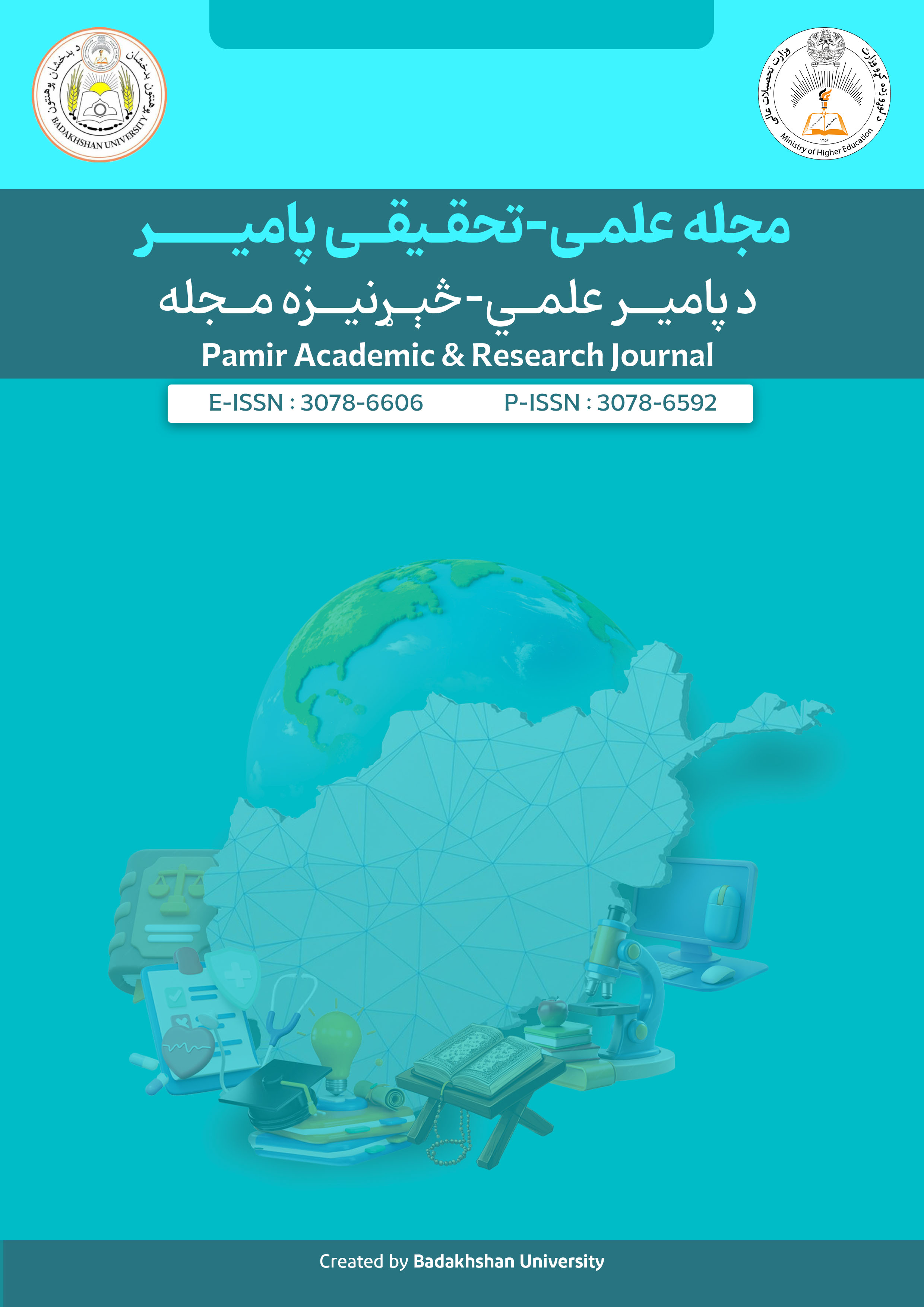Jurisprudential Principles Relating to the Denotation of the Word "Command" and Its Applications in the Verses of Seeking Forgiveness in Surahs Hud and Noah
DOI:
https://doi.org/10.61806/parj.v9i28.47الملخص
Abstract
The jurisprudential principles pertaining to the denotation of words represent one of the most significant discussions in the principles of Islamic jurisprudence. The Quran and Sunnah are central to these discussions and indeed to all Islamic sciences. When delving into the interpretation and examination of the verses of the Holy Quran, it becomes evident that the concept of seeking forgiveness (istighfar) concerning past communities is presented in various forms. To elucidate the nature of this discourse, a thorough analysis and explanation are required. The fundamental question that this research aims to address is whether the term "istighfar" associated with the imperative form in the Holy Quran entails jurisprudential discussions. Therefore, the primary focus of this research is to highlight the connection between the Holy Quran, as the Book of Allah the Almighty, and the science of the principles of jurisprudence, particularly through the lens of interpretation based on jurisprudential principles derived from the Holy Book. The methodology employed in this research is inductive and library-based. The findings of this study indicate that the jurisprudential principles related to the imperative form of "istighfar" in the Holy Quran have significant practical applications. Notably, in Surah Hud, the term "istighfar" is used in four verses (3, 52, 61, and 90), where seeking forgiveness in these verses denotes obligation. In Surah Noah, in one verse (10), seeking forgiveness in the imperative form shifts from obligation to guidance and direction.
Keywords: Discussions, Jurisprudential, Istighfar, Holy Quran
التنزيلات






